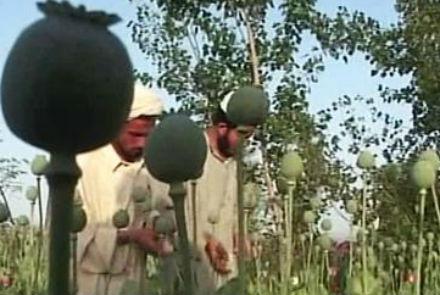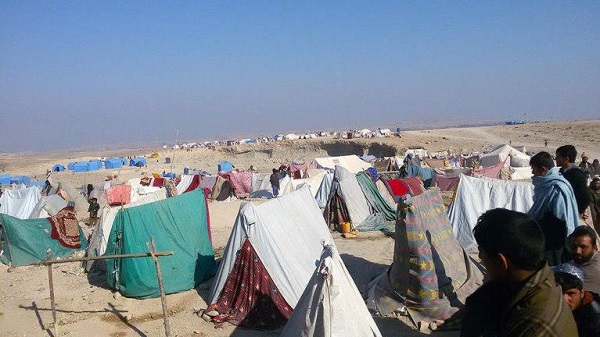AVA- Afghan opium production has jumped a by a staggering 87 percent in the past year – from an estimated 2016 level of 4,800 tons to about 9,000 in 2017.
According to the United National Office on Drugs and Crime (UNODC), this year’s survey found a “disappointing reversal of last year has become a profoundly alarming trend in the cultivation and production of opium in the country.”
UNODC’s survey found the total area under poppy cultivation has jumped by 63 percent or 127,000 hectares compared to 2016. In 2017, the total area of cultivation is 328,000 hectares.
“For both Afghanistan, and the world, we are heading towards uncharted territory with a new record high obliterating the previous one in 2014. Perhaps even more disturbing, potential opium production is estimated at 9,000 tons; an 87 percent increase from the 2016 level of 4,800 tons,” UNODC’s Executive Director Yury Fedotov said on Wednesday.
He said the 9,000 tons produced exceeds the current global demand for opiates – drugs derived from opium.
“These frightening figures should give considerable pause for reflection on whether the calculus on the illicit drugs flowing from Afghanistan adds up to a workable and achievable solution,” he said.
The organization said this increase is likely to be translated into multiple challenges for Afghanistan, its neighbors, and globally.
“In Afghanistan, already suffering from the opium produced within its borders, the increases will drive drug abuse, an increased dependency on the illicit economy, and rising levels of corruption.”
Fedotov stated that gains on governance and transparency in Afghanistan and surrounding countries will be challenged by more instability, insecurity, and increased funding to terrorist groups as a result of this trend.
“New actors and markets are likely to emerge; some of these new actors may be terrorist groups attempting to use the drug trade to finance their global operations,” he said.
The organization warned that far greater amounts of opium will now reach the world's consumer markets causing increased health and social problems and that drug use will place added burdens on already stretched Afghan public health services.
“Opium cultivation and production is a complex development issue and bound to the 2030 Agenda on Sustainable Development. Partnership and coordination is also needed. UNODC has created initiatives-including the Triangular Initiative, the Paris Pact and the networking the networks activity - to assist, but engagement must be stepped up to increase effectiveness,” said Fedotov.
According to him, UNODC will work with its partners, including the Afghan government, to do everything possible to help Afghanistan's people; but renewed regional and international commitment and engagement is fundamental to any tangible solutions.












